How to Choose the Best Water Pump for Home Use: A Comprehensive Guide for Homeowners
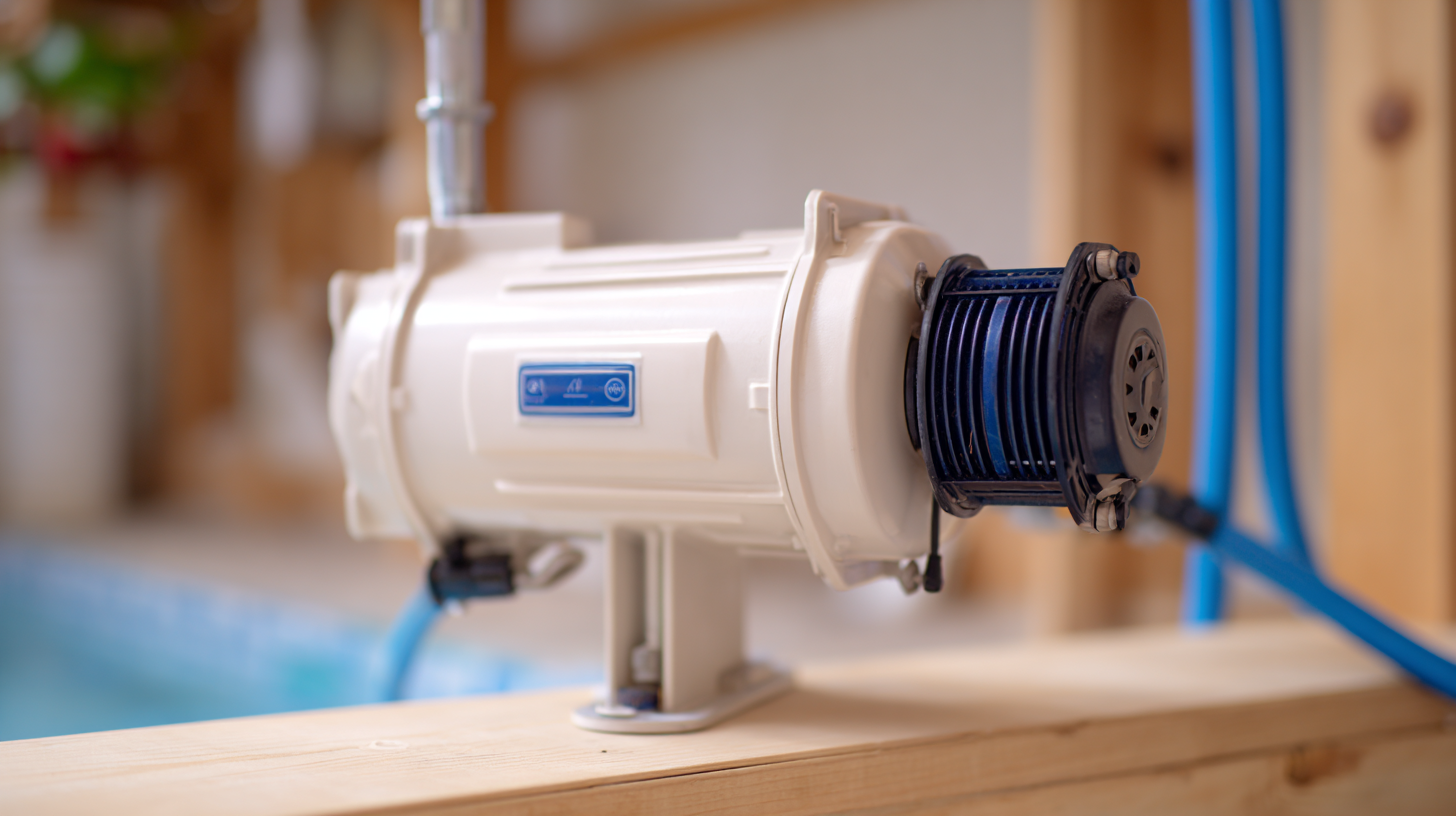 Choosing the right water pump for home use is a crucial decision for any homeowner looking to ensure a reliable water supply for their household needs. With a wide variety of options available on the market, understanding the specifics of different types of water pumps can seem overwhelming. This comprehensive guide aims to simplify that process by providing essential insights into the various factors to consider when selecting a water pump for home use.
Choosing the right water pump for home use is a crucial decision for any homeowner looking to ensure a reliable water supply for their household needs. With a wide variety of options available on the market, understanding the specifics of different types of water pumps can seem overwhelming. This comprehensive guide aims to simplify that process by providing essential insights into the various factors to consider when selecting a water pump for home use.
From understanding the specific requirements of your property to evaluating the performance, efficiency, and maintenance of different pump types, this guide will equip you with the knowledge needed to make an informed decision. Whether you require a pump for irrigation, indoor water supply, or emergency drainage, knowing how to choose the best water pump for home will ultimately enhance your living environment and ensure your home's water needs are met effectively.
Understanding the Different Types of Water Pumps for Home Use
When selecting a water pump for home use, it’s important to understand the different types available to make an informed decision.
The most common types include submersible pumps, which are designed to be submerged in water, making them ideal for wells and flooded areas.
On the other hand, centrifugal pumps are typically used for transferring water from one place to another and are perfect for garden irrigation or filling a swimming pool.
Each type has its specific applications, so homeowners should assess their water needs carefully.
Tip: Before purchasing a water pump, determine the required flow rate and the total head height needed to optimize performance. This will ensure you choose a pump that can efficiently meet your demands without wasting energy.
Another option is the jet pump, which operates by creating a vacuum to draw water from a well. Jet pumps are suitable for homes that rely on groundwater sources.
Additionally, consider the size and portability of the pump, as some users may need a pump that can be easily moved for various tasks around the property.
Tip: Always check the pump's energy efficiency rating to save on electricity costs over time.
Investing in a high-quality, durable water pump will not only meet your immediate needs but also provide reliable service for years to come.
Key Factors to Consider When Selecting a Water Pump
When selecting a water pump for home use, homeowners should consider several key factors to ensure they choose the best option for their needs. Firstly, the type of water pump required is crucial. Different pumps, such as submersible, centrifugal, or jet pumps, serve various purposes, including drainage, irrigation, or boosting water pressure. Understanding the specific application will help narrow down the choices and ensure optimal performance.
Another important consideration is the flow rate and head height, which determine how much water the pump can move and how high it can push the water, respectively. Homeowners should assess their water requirements and select a pump that meets these specifications. Additionally, factors like energy efficiency, durability, and maintenance should also be evaluated, as they can significantly affect long-term costs and pump longevity. The growing home water pump market, projected to reach $18.58 billion in 2024 and grow to $26.92 billion by 2032, reflects the increasing demand for efficient and reliable pumping solutions.
How to Choose the Best Water Pump for Home Use: A Comprehensive Guide for Homeowners
| Factor | Description | Example Range |
|---|---|---|
| Flow Rate | Volume of water the pump can move per minute | 5 - 100 gallons per minute (GPM) |
| Horsepower (HP) | Power of the pump motor, affecting efficiency and performance | 0.5 - 5 HP |
| Type of Pump | Submersible, jet, or centrifugal pumps based on application | Submersible for deep wells, jet for shallow wells |
| Material | Durability and resistance to corrosion | Stainless steel, cast iron, thermoplastic |
| Head Height | Maximum height to which the pump can lift water | 10 - 60 feet |
| Power Source | Electric, gas, or solar depending on availability | 110V, 220V for electric; various for gas/solar |
| Noise Level | Amount of noise produced by the pump during operation | 50 - 80 decibels |
| Cost | Initial purchase price and long-term operating costs | $100 - $1500+ |
| Warranty | Duration and coverage of the manufacturer’s warranty | 1 - 5 years |
Examining Pump Capacity and Head Pressure for Optimal Performance
When choosing the best water pump for home use, examining pump capacity and head pressure is crucial for optimal performance. Pump capacity, often measured in gallons per minute (GPM), indicates how much water a pump can move within a specified time frame. Homeowners should assess their water needs based on daily consumption and the possibility of peak usage times. A pump with insufficient capacity can lead to inadequate water supply, especially during high-demand periods, while one that is excessively powerful may waste energy and increase operational costs.
Head pressure, on the other hand, refers to the height a pump can raise water against gravity. It is measured in feet and is essential for ensuring water reaches all areas of a home, especially if there are multiple floors or fixtures spread throughout the property. Homeowners must consider the distance and elevation from the water source to the highest point of use when selecting a pump. By understanding these two key parameters—pump capacity and head pressure—homeowners can make informed decisions, ensuring they select the right water pump that meets their specific requirements and delivers reliable performance.
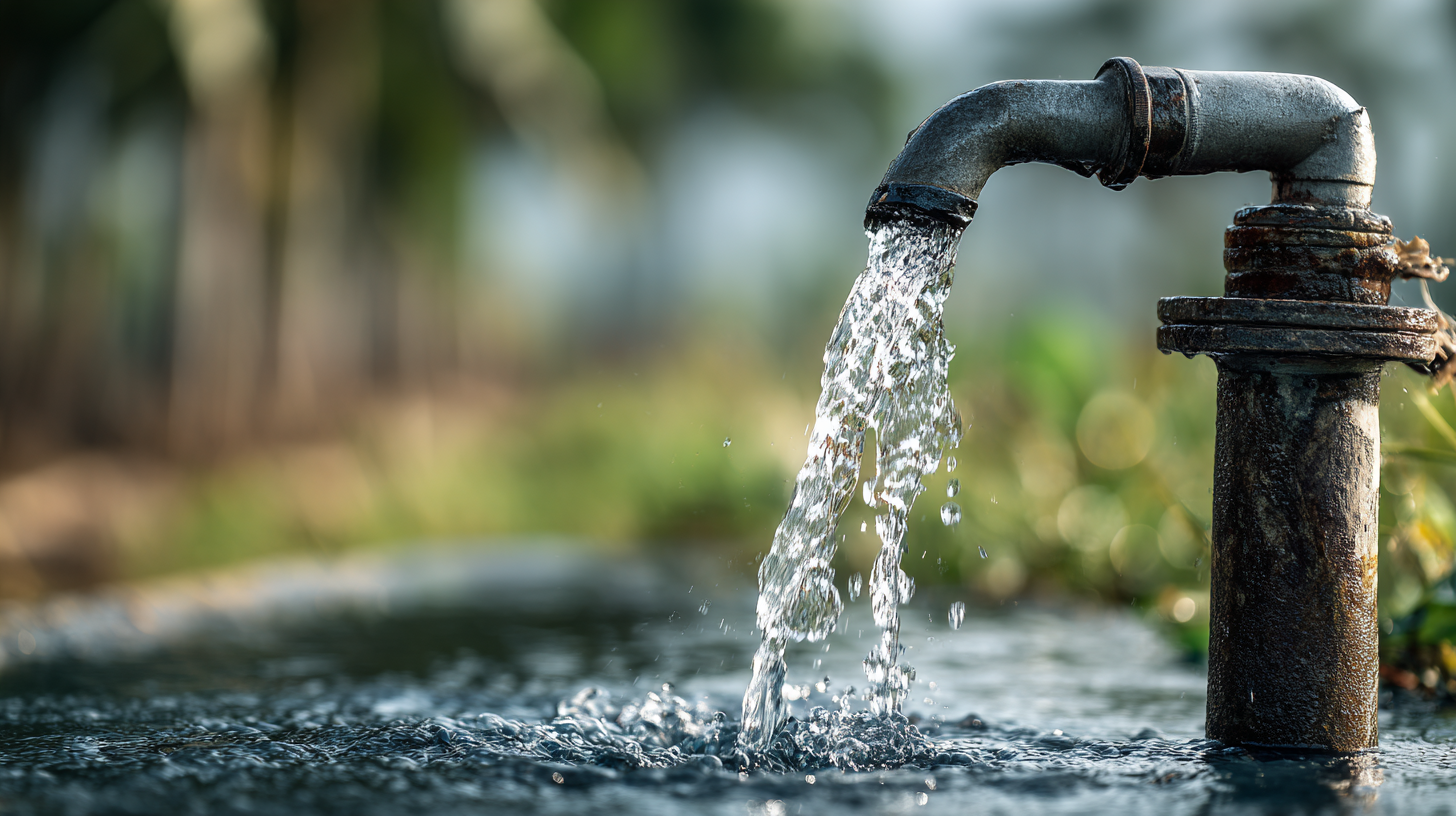
Maintenance Tips for Long-Lasting Water Pump Efficiency
Proper maintenance is crucial for ensuring the longevity and efficiency of your water pump. According to the Water Systems Council, a well-maintained water pump can last an average of 10 to 15 years, significantly extending its lifespan through regular care. To achieve this, homeowners should schedule annual inspections, checking for any signs of wear and tear, such as leaks or unusual noises, which can indicate underlying issues that need to be addressed.
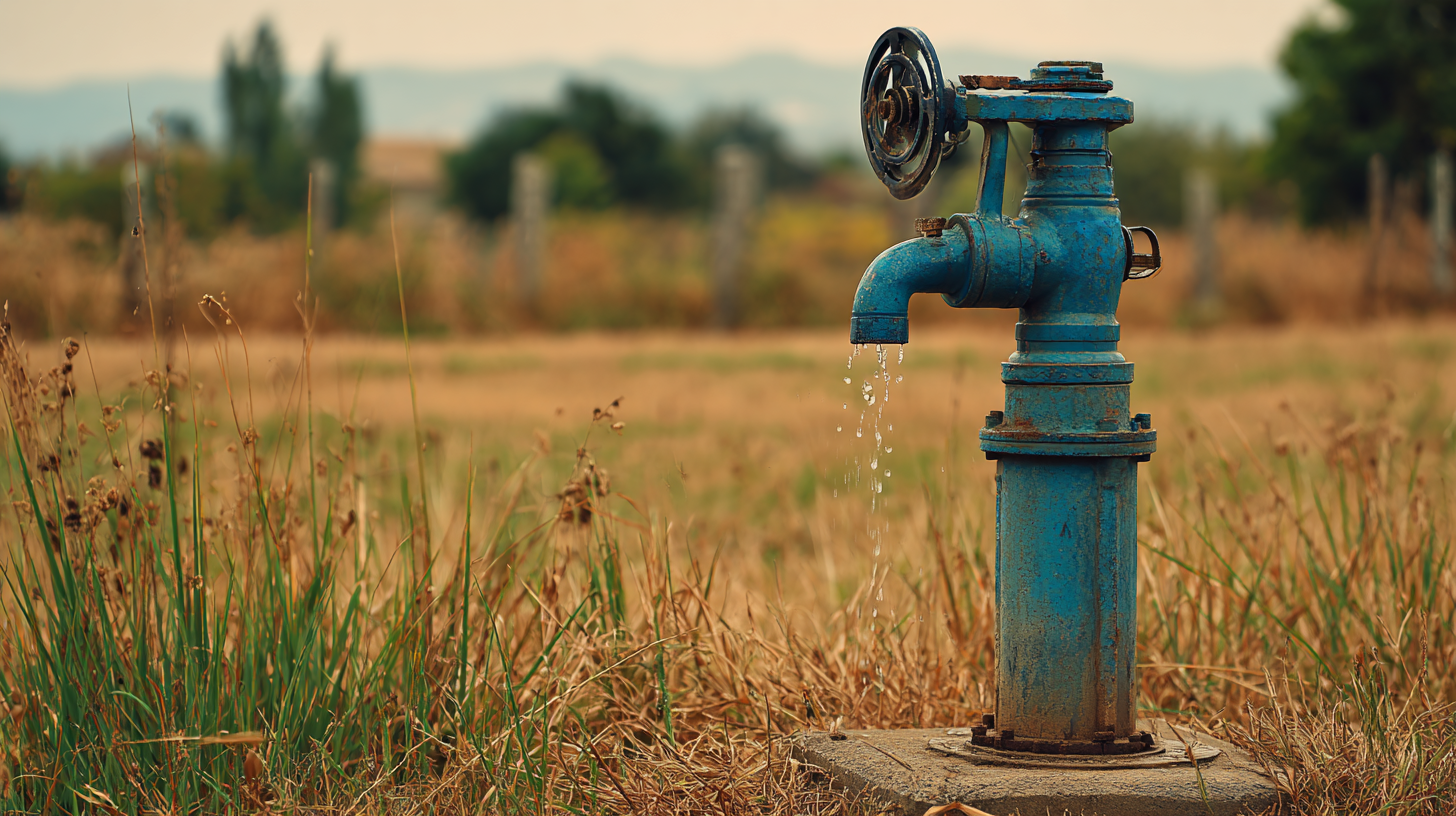
Tips for maintaining your water pump include regularly changing the oil if your model has a lubricating system, as this can prevent internal damage and maintain optimal performance. It's also essential to clear any debris around the pump and its intake to prevent clogging. Furthermore, monitoring the pressure and flow rate can help identify any drops in efficiency, signaling that it may be time for a professional evaluation.
Lastly, keeping an eye on the electrical components is vital. Ensure that connections are secure and that the wiring is free from corrosion. A report by the American Water Works Association highlights that over 30% of operational failures in water pumps can be traced back to electrical issues. Therefore, prioritizing these maintenance tasks can save homeowners from costly repairs and untimely replacements, ensuring consistent water flow when it’s needed most.
Cost-Benefit Analysis: Choosing the Right Water Pump for Your Needs
When selecting the right water pump for home use, conducting a cost-benefit analysis is crucial. This approach allows homeowners to weigh the initial costs against the long-term benefits, ensuring they choose a pump that not only meets their needs but also fits their budget. Factors such as purchase price, installation costs, and energy efficiency should all be considered. Opting for a higher-quality pump may involve a larger upfront investment, but it can offer better durability and energy savings over time, ultimately leading to lower maintenance costs.
Additionally, evaluating the specific needs of your household is essential in this analysis. Consider the volume of water you need to move, the distance it needs to travel, and any other specific requirements, such as pressure and flow rate. By assessing these factors alongside cost components, homeowners can make informed decisions that align with their financial situation and water usage needs, ensuring they invest in a pump that provides the best overall value.
Related Posts
-
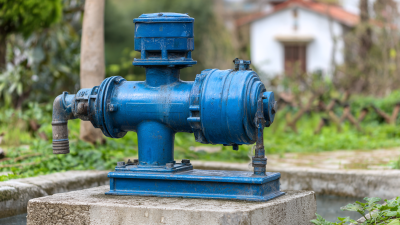
Maximizing Efficiency: Choosing the Best Deep Well Water Pump for Your Needs
-
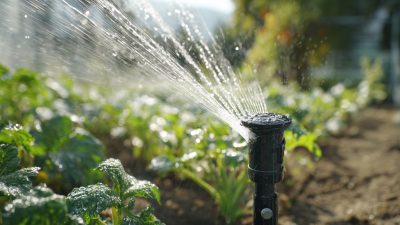
What are the Key Features of Modern Irrigation Pumps?
-

Innovative Uses of Small Water Pumps in Modern Agriculture Boosting Efficiency and Sustainability
-
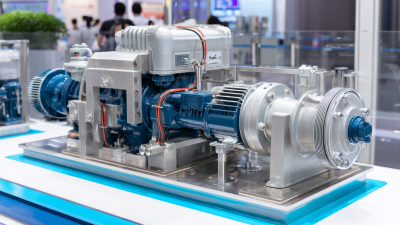
Exploring Water Pump Innovations for Home Use at the 2025 China Import and Export Fair
-
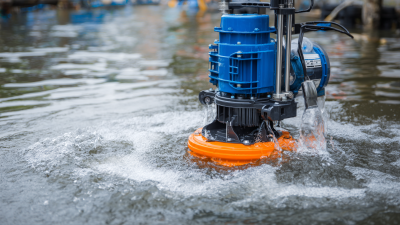
Exploring Market Trends for Submersible Dirty Water Pumps at the 138th China Import and Export Fair 2025
-
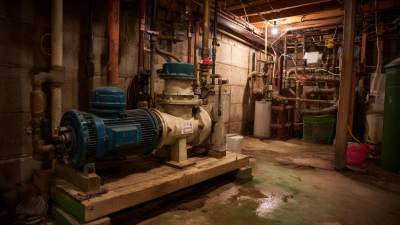
Top 5 Drainage Pumps for Efficient Water Removal: A Comprehensive Buyer’s Guide
